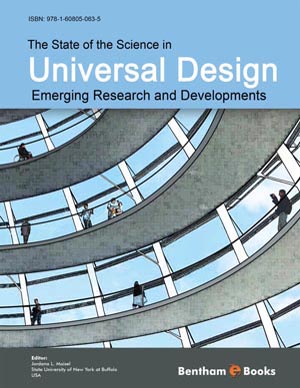Abstract
This chapter outlines the current experiences of Malaysia, India, and Sri Lanka in moving towards a more accessible built environment. In all three countries there is a growing awareness of disability and ageing. This is important, as the Southeast Asian experience of disability is markedly different to that of developed nations such as Australia, the United States, and the United Kingdom. Responding to local and regional needs, while contributing and developing to larger ‘community of inclusive practice’, stems from a desire to share and a growing recognition that the constant reinventing of the wheel and lack of knowledge synthesis hampers everyone. Nevertheless, countries like India, Sri Lanka, and Malaysia struggle to implement western accessibility norms. Further, the widespread adoption of accessibility standards based on standard wheelchair design presents additional challenges, as there is a mismatch with local assistive technologies and a limited understanding of regional disability populations in terms of their functional and anthropometric profiles. The sharing of successes, insights, and knowledge in relation to Asia–Pacific reconstruction and accessibility innovation, particularly in regard to local materials, standards, and construction practices is both timely and important.













